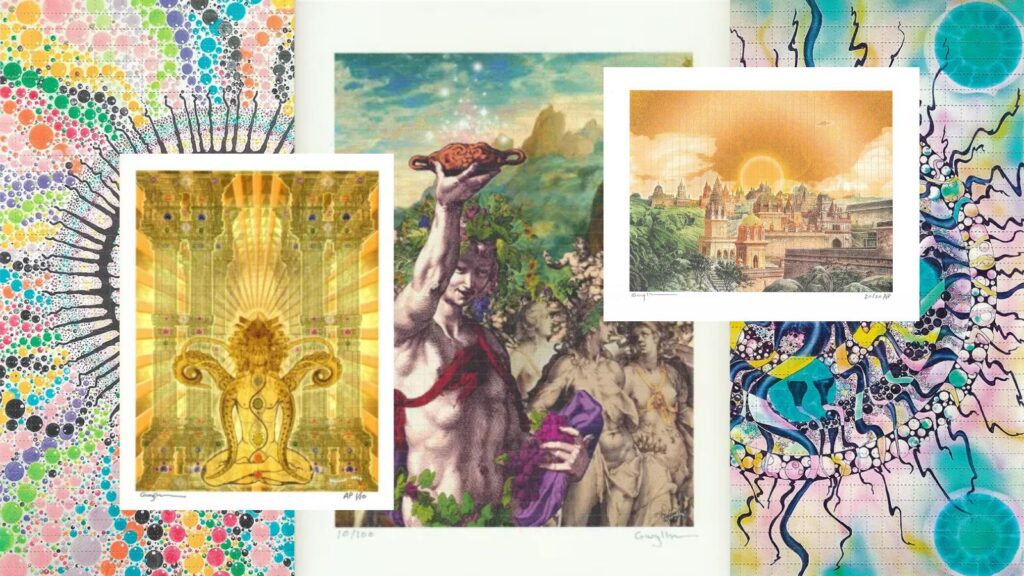One of the defining moments of artist Ramekon O'Arwisters' life occurred during his middle school's Career Day. Spending the day with the local sheriff, O'Arwisters remained shy, nervous and on his best behavior the entire time. Afterwards, the sheriff turned to him. "He told me that if I was so concerned about pleasing others, I would never know who I am," remembers O'Arwisters.
Indeed, they shaped O'Arwisters into the bold artist and poet he is today. "I believe that in the expression of art is the only, and I repeat, the only place in life where we can be totally free," he says. The recipient of the Artadia Award in 2002, O'Arwisters creates exactly what he wants to — without being subversive or worrying about what others will think or feel about it. This artistic independence has molded him into what he calls a SuperART Hero: "anyone who rigorously adheres to their vision is a 'SuperART Hero,'" he says.
In his upcoming San Francisco exhibit "American Cuisine," O'Arwisters uses food and clothing as "coded carriers" for social and political commentary. "I believe that the racial, sexual, social and political structures–and in particular, the racial stereotypes–that build this country are as important to maintaining the power base found in the United States as food is important to maintaining life," he explains. In "American Cuisine," foods like apples, bananas and Oreos, all of which are "white on the inside" but a different color on the outside, represent common inter-racial stereotypes of people of color.
For instance, Native Americans are told not to be "red on the outside and white on the inside," like an apple, he says. In addition, he explains that racial sexual slurs like "Rice Queen" and "Watermelon Queen" are frequently used to describe men who are attracted to other men of a particular race. That these oppressive terms are so often food-derived indicates their importance to the dominant culture as tools for maintaining the political and social status quo, he says — in other words, they are just as important for our structure's survival as is food to our individual survival.
Consumerism is also a recurring theme in Oarwisters' work. In one of his pieces, cooking recipes written directly on pig ears — pig ears are traditionally used as dog treats — are presented inside a Kate Spade handbag. "My work is a social commentary that acknowledges a society overtaken by consumerism and is in much need of spiritual healing," he explains.
O'Arwisters, who has a masters of divinity from Duke University, says that his artistic courage also stems from the love and support he received from his father. From the day his father learned O'Arwisters was gay until the day he died, he "knew who and what he was raising and he never mistreated me–or tried to make a man out of me," O'Arwisters says. "I wanted to knit, sew, bake cookies, quilt, and paint, kiss boys, and play nurse. Now at 45-years-old, I create art by adorning women's handbags with colored pins, puzzle pieces, beads, mementos, and charms," he says. "I know I can do these things because I have the support and grace of a loving father in my heart."
"American Cuisine" opens on September 14th and runs until October 14th at the Luggage Store Annex, 509 Ellis Street, San Francisco.
Thanks to Ramekon O'Arwisters for the use of the photos accompanying this article.













